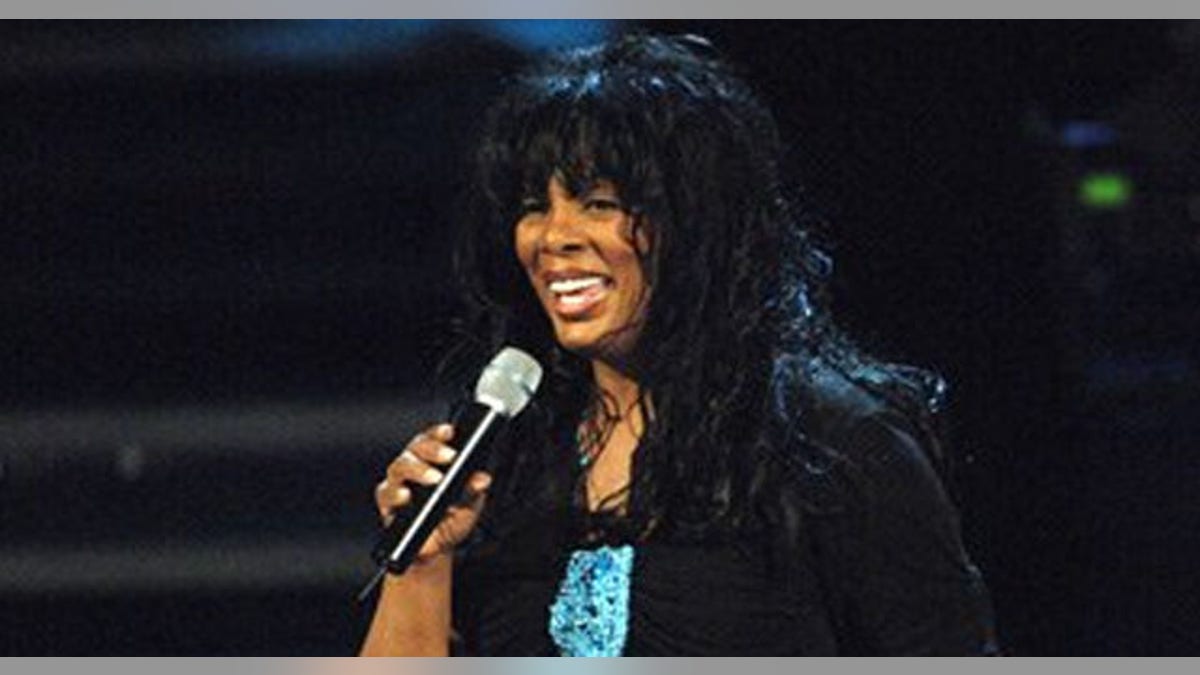
For countless young women across the country, when girls night out is coupled with karaoke, you can practically guarantee that someone in the group will belt out at least one Donna Summer hit.
Depending on the mood of the night, the first selection with my girlfriends is usually a choice between “Bad Girls” and “She Works Hard for the Money.” Karaoke operators beware: Attempts to pry the microphones from our hands before we can close out the night with “Last Dance” will not end well.
In today's increasingly segregated music landscape, it's almost impossible to find a true crossover artist. With the passing of Donna Summer on Thursday, we have not only lost another music legend but a genuine trailblazer.
[pullquote]
A five-time Grammy winner, who will forever be known as the Queen of Disco, Ms. Summer was raised on gospel music, influenced by Janis Joplin, traveled the world doing musical theater, had several stints with rock bands, dabbled in new wave, techno, reggae and house music and churned out numerous pop-rock hits after the death of disco.
She worked hard for the money.
Every year from 1976 to 1984, Donna Summer placed a Top 40 hit on the Billboard Hot 100, but generations of American women will probably remember her most for her signature song, a tribute to working women, “She Works Hard for the Money.”
The best singer/songwriters are expert storytellers. For sharing the story of Onetta, a bathroom attendant that she encountered taking a catnap on the job, Ms. Summer deserves to be remembered as one of the greats. After hearing Onetta’s story of being exhausted from working mulitple jobs, Ms. Summer went home and wrote the song that was to become an anthem for working women everywhere.
As visualized in the music video -- the first from an African-American woman to receive heavy rotation on MTV – the song told the story of a single mother working three jobs as a janitor, waitress and a seamstress. The protagonist goes to work at the crack of dawn, is sexually harassed by a customer and between shopping, cooking and cleaning for her unruly children, she reminisces about a lost dream of being a dancer.
Clearly frustrated, but not defeated, it’s easy to understand how women easily embraced the narrative and found joy in singing the lyrics. "She Works Hard for the Money" reflected the real-life struggle of single mothers and working women everywhere. More than two decades later, with women now making up roughly half of the workforce in the U.S. and growing, the lyrics still ring true today.
After downing a couple of confidence-boosting cocktails, with microphones in hand, women across the country will continue to unite around “She Works Hard for the Money.” Similar to the troupe of working women -- waitresses, assistants, nurses, teachers, doctors (even a construction worker) -- who descended on the streets at the end of the video to demand recognition for their work, we will continue to belt out, “and you better treat us right.”
And you better.








































